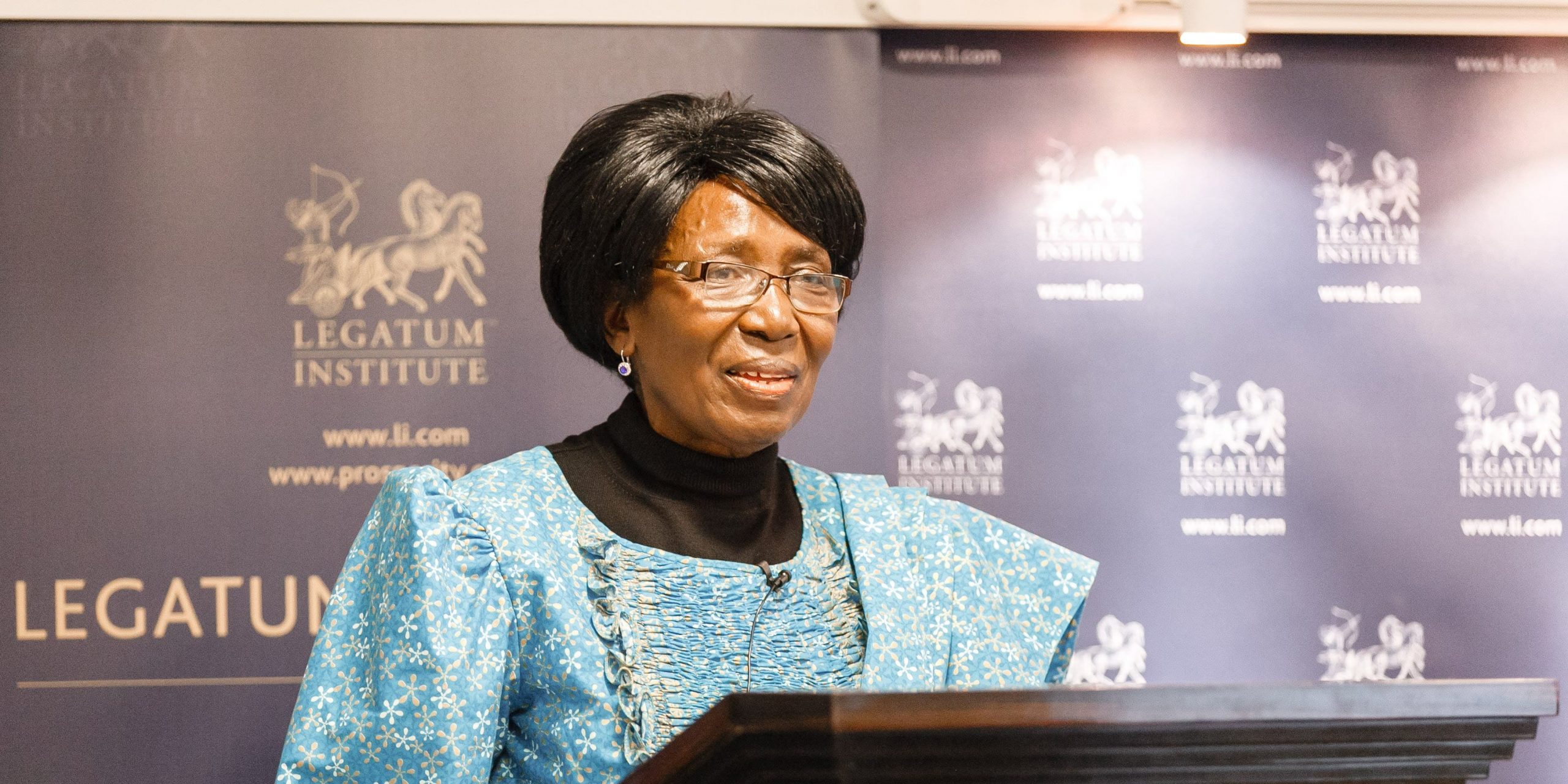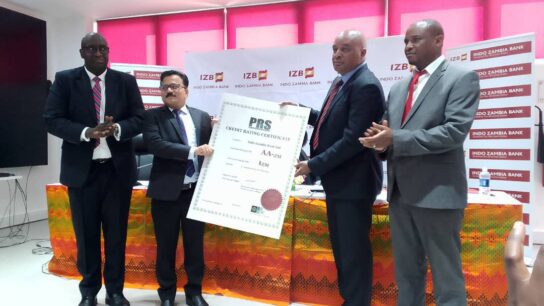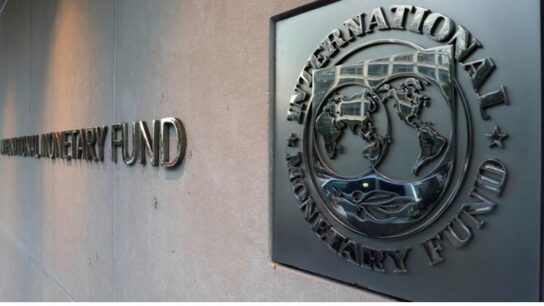Vice President Inonge Wina has noted that with a growing youthful population in most COMESA member states, improved urban planning, efficient and effective transport, energy, water and telecommunications infrastructure as well as health and education facilities, must be priority in member states.
“While a huge population is good from a trade and economic growth perspective in the context of continental and regional integration, the downside is that uncontrolled population is a recipe for increased inequalities and civil strife especially when governments are not able to support the growing population in terms of jobs and services,” she said.
Speaking during the virtual opening ceremony of the 41st Meeting of the Council of Ministers, Mrs. Wina stated that high poverty levels and low opportunities for job and wealth creation hinder development and integration at state and regional levels.
“The net result is high rural-to urban migration into cities and towns that cannot cope with the demands for better social amenities and economic opportunities such as jobs,” she noted.
The Vice President has since called for measures such as building smart cities that effectively respond to wholesome needs of the population such as climate smart and resilient housing, integrated transport systems among others.
Meanwhile, Common Market for Eastern and Southern Africa (COMESA) said it COMESA’s responsibility to come up with innovative initiatives and upgrade existing programs to address negative effects on trade facilitation and other programme areas which contribute to the economic wellbeing of the region’s citizens.
COMESA Secretary General Chileshe Kapwepwe says apart from depressed economic growth, lockdowns and drastic restrictions on movements the pandemic has disrupted production and trade in both goods and services across all sectors.
Ms. Kapwepwe noted that COVID-19 pandemic has had devastating effects on macroeconomic performances and related activities in in the region.
“There is no doubt that although the COVID-19 pandemic is a health crisis, it has had devastating effects on macroeconomic performances and related activities in our region,” she said.
The Secretary General further revealed that a number of trade facilitation instruments are being implemented, although intra-COMESA trade has remained depressed in the area of market integration.
She said with support from development partners, the European Union and the World Bank, and COMEA Institutions, several Trade Facilitation Programmes are at various stages of implementation.
“In my view, these programmes not only help unlock cross-border business transactions but stand right at the centre of offering long-term solutions to the challenges brought about by the COVID-19 pandemic,” Ms. Kapwepwe said.
“They give room and opportunity to implement automation of customs operations and effectively upscale the use of technology and uptake envisaged in the COMESA Digital Free Trade Area,” she added.
Ms. Kapwepwe however said effective implementation of these programmes requires seamless coordination between Secretariat and Member States as well as effective coordination among implementing agencies within Member States.







